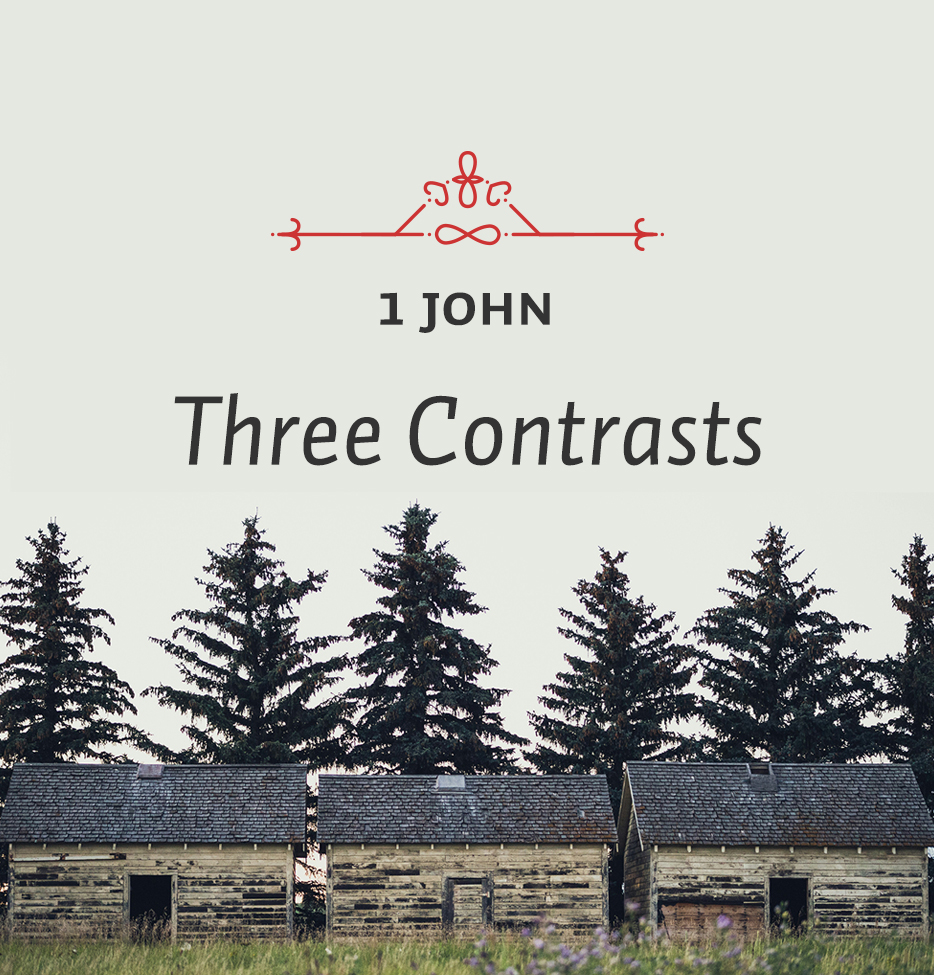John has reminded his readers that it is characteristic of the devil to sin. Now he also reminds them that it is a characteristic of Christ to work to take away sin. He states this in two forms, corresponding to the parallel structure of these verses. First, Jesus appeared to take away the sins of His people; second, Jesus appeared to destroy the works of the devil.
But how can He do this? Obviously, He did it by dying in place of the sinner, becoming a propitiation for his sin, as John said earlier. In the earlier reference, 1 John 2:2, John had the breadth of Christ’s sacrifice uppermost in his mind, stressing that Jesus died for the Gentile world as well as for the Jews. Here he seems to be thinking specifically. For the Greek reads literally, “the sins”; that is, the individual sins of the particular people for whom He died. It is not by works that a man is saved, still less by any minimizing of sin or by wishful thinking. A person is saved by faith in Jesus Christ. And this is made possible by the fact that He who was sinless and who therefore did not need to die for His own sin, took our sin upon Himself and died for it, the just for the unjust, so that the God of the universe, who must do right, saw sin punished and therefore opens the gates of heaven for those who believe on Jesus.
In itself this act does not destroy the works of the devil, which are many. But it is the first step. Indeed, it is as Christians come to Christ and are united to Him by faith that they receive power to turn from sin and the devil’s works and thus begin to live a holy life before God. The devil’s works are not yet totally destroyed. But Christ’s appearance was the first step in their complete destruction. Now the Christian can live in that knowledge and can escape from sin’s tyranny.
If the coming of Christ the first time was to put away sin and destroy the works of the devil, it follows that the one who is united to Christ by faith must not sin but rather must live a holy life. If he does not, he is obviously working against Christ. John writes: “Whosoever abideth in him sinneth not; whosoever sinneth hath not seen him, neither known him… Whosoever is born of God doth not commit sin; for his seed remaineth in him, and he cannot sin, because he is born of God.”
The point that John makes is inescapable, for it is made strongly: sin has no place in the Christian life. However, the very fact that he makes it strongly produces a problem. John says that the one who abides in Christ does not sin. But is that really true? Can we really say that? Or again, since John has already written earlier, “If we say that we have not sinned, we make him a liar, and his word is not in us” (1:10), can we even believe that John is consistent? Ought we not rather simply to discount his words on sin entirely? The difficulty in dealing with these and similar questions has produced a wide variety of interpretations of these verses by commentators.
1. The first interpretation goes back to the days of the early church and is reflected by some Reformation theologians. It restricts the “sin” in this passage to particularly heinous sins—murder, and the like. In Catholic theology the distinction is expressed as that between mortal and venial sins. It is enough to answer in reply to this interpretation that, in addition to the fact that John is obviously not making any such distinctions in the passage, Christians do on occasion commit heinous sins. Besides, in the Bible’s evaluation sins such as murder are not necessarily more evil than sins of the spirit such as pride, of which all are guilty.






